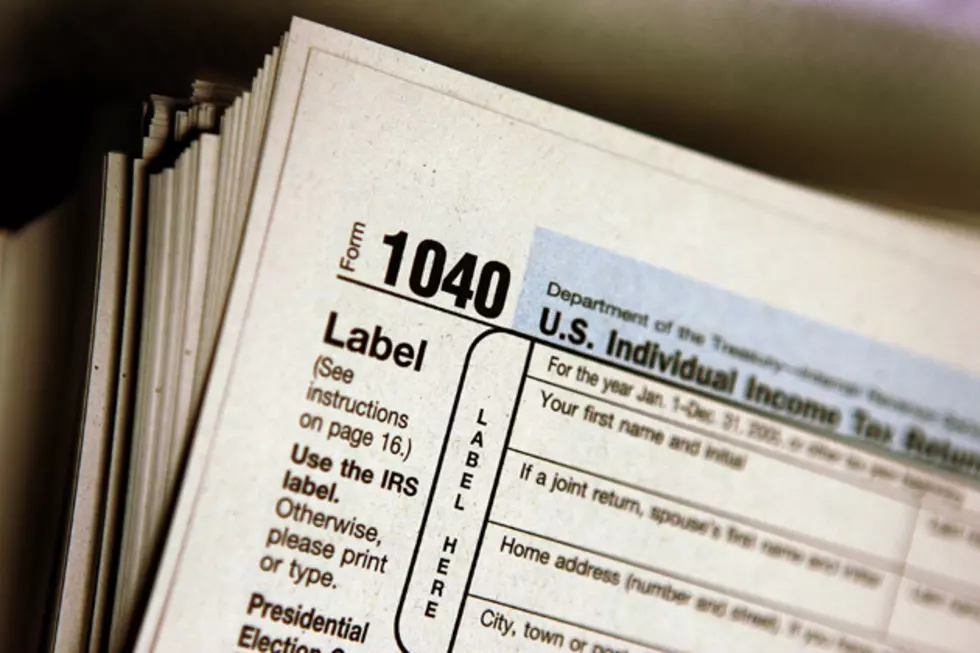
So Exactly What Does the Fiscal Cliff Have to do With You and I?
Over the last couple of days, we've been beat over the head with the term "Fiscal Cliff." My questions were easy. What's a fiscal cliff anyway and why were we standing so close to it? Well, I thought I'd do a little research to help us all out and try to explain just what this means to you and I. About.com , in my opinion, explains the situation as good as anyone.
“Fiscal cliff” is the popular shorthand term used to describe the conundrum that the U.S. government will face at the end of 2012, when the terms of the Budget Control Act of 2011 are scheduled to go into effect.
As we've all heard by now the Senate and House of Representatives helped us to avoid "going over the cliff", so it sounds pretty exciting. But on closer inspection, the changes made do come with a price. Again, from About.com:
The Congressional Budget Office estimates that current plan includes $330.3 in new spending during the next ten years, and it will increase the deficit by $3.9 trillion in that time period despite raising taxes on 77.1% of U.S. households. Bloomberg reports, "More than 80 percent of households with incomes between $50,000 and $200,000 would pay higher taxes. Among the households facing higher taxes, the average increase would be $1,635, the policy center said.
Okay, let me get this right. Households with incomes from $50,000 to $200,000 will shoulder most of the burden? That means that a husband and wife earning $25,000 each will be hit hardest? And we "avoided going over the cliff?" Sounds to me like we hit a wall instead. At least if we went over the cliff, we might have enjoyed the ride down? Oh, there was one good point. There was a provision to prevent a spike in milk prices. Oh goodie! I'm sure that with most of us paying an extra $1,600 a year in taxes, gasoline at the highest prices ever and health insurance bleeding us all dry, that our biggest fear was milk selling for $6 a gallon. Yeah, at least they kept us from suffering through that.
More From KISS Country 93.7









